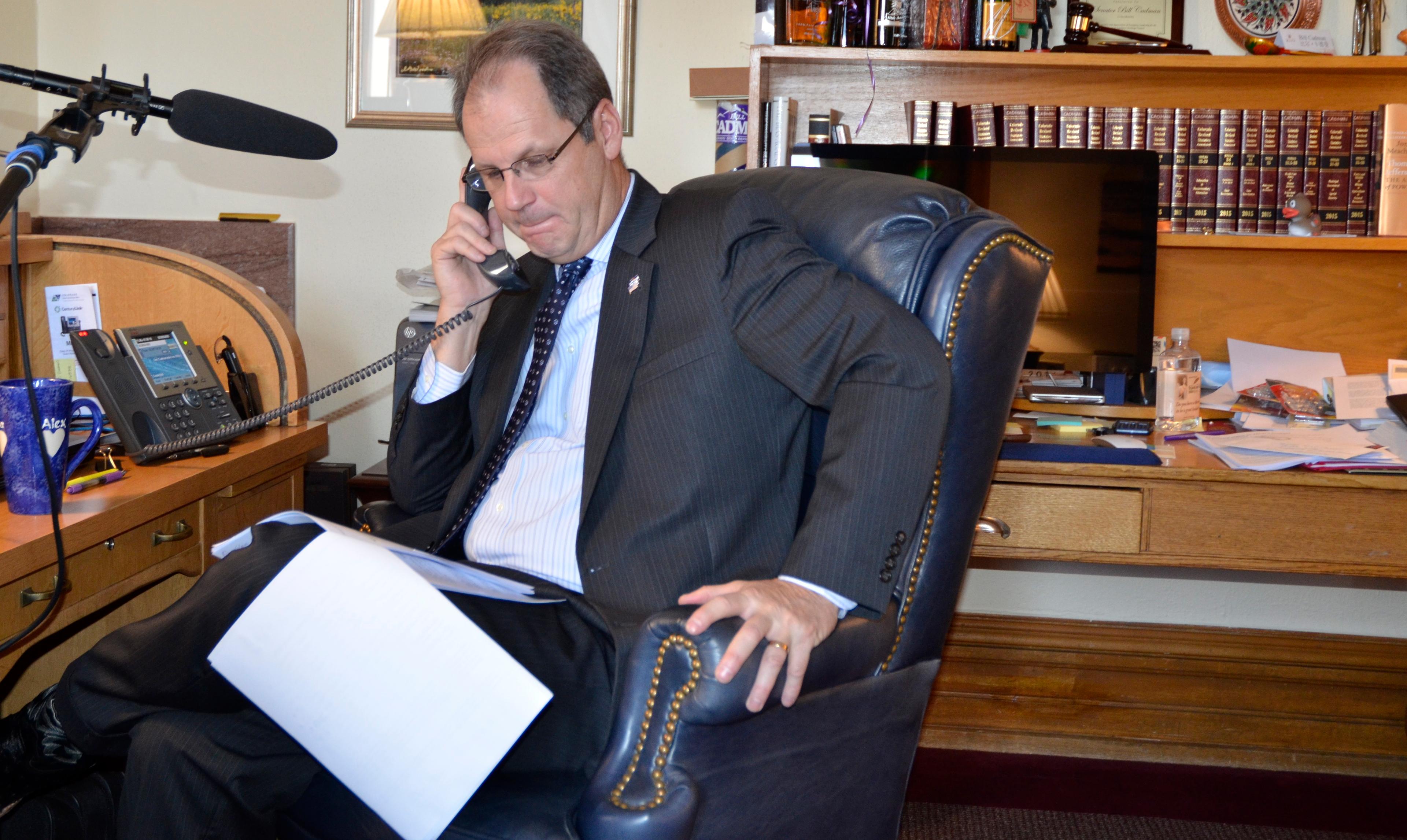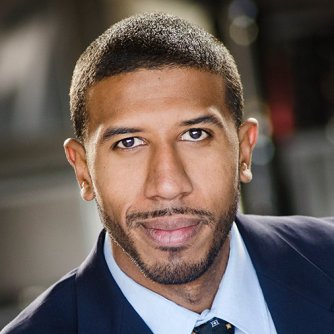
Wednesday is the first day of the 2016 session for Colorado's state legislature. Colorado Matters wanted specifics from the state's Democratic and Republican parties. Based on a coin toss, we begin with Senate President Bill Cadman, a Republican from Colorado Springs. He spoke with Colorado Matters host Ryan Warner.
Tomorrow, we hear from state House Speaker Dickey Lee Hullinghorst, a Democrat from Boulder. Below are edited highlights of the conversation.
Cadman on what he wants this session to be remembered for:
"In a split legislature, you want to be remembered for absolutely putting the best face on government and letting people know their government is working for them. And I think, especially as you're looking at a significant political year coming up with a presidential election and U.S. Senate election in this state, showing that there is some place that's more collaborative and less contentious."
On an example of a government program growing at the expense of others:
"Colorado's Medicaid program... Last year, we added $272 million dollars of general fund. The year before it was $258 million. The year before, it was $288 million. So now you have a government entitlement program that is now providing for 1.2 million people. It has grown 350 percent over the last 14 years... When you have a program that grows 350 percent and is so disproportionate to everything else in the budget, it creates an immense amount of pressure on everything else... So regardless of its performance the affordability is the greatest challenge of something that is now taking up about 39 percent of general fund. And general fund is the core of money that state government uses to fund virtually everything."
On a potential construction defects bill to make it harder to sue builders:
"We have had countless community leaders, mayors, democrats and republicans, builders, developers, citizens talk about the prohibitions and the hurdles in Colorado to building multi-family housing. I even listened to testimony from a developer that showed plans of could become available if they knew that they had a chance in the marketplace without this extreme litigation."
On if he'll pursue a plan to de-fund Planned Parenthood:
"What we really want to pursue is making sure that taxpayer money doesn't pay for abortion. That's the bottom line. And frankly that's what our law provides and that's the protection we want to ensure and what's really important to us is that when you're providing funding to any entity that may be using those funds to violate that requirement that's important to all of us because if one entity can do it in this instance then any entity can abuse that access to public funds for virtually anything."








